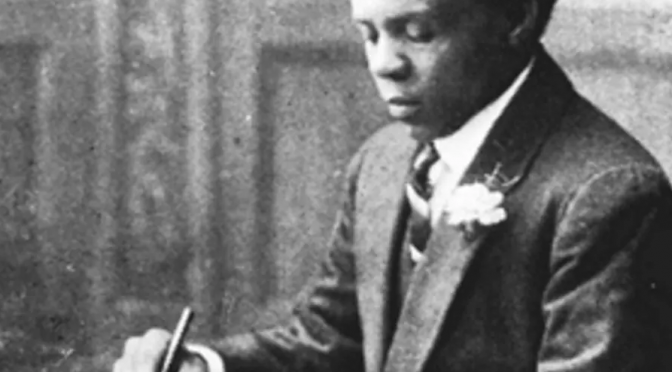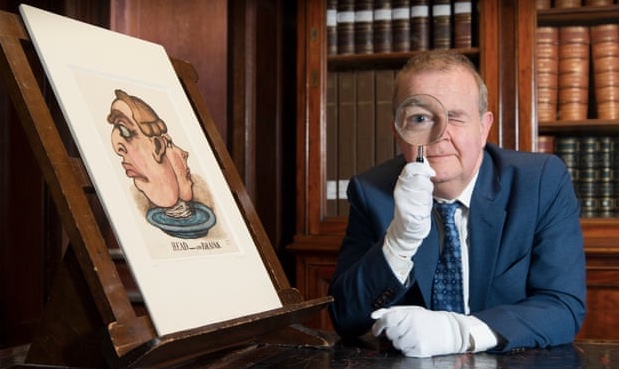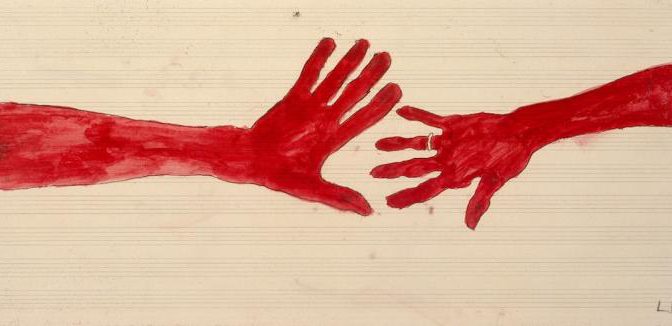Jon Ward and Rafael Lubner will be discussing #AbolitionistCurriculum at the English Department Virtual Research Hour on November 11th, 12.30 – 1.30. In this blog post the pair reflect on how the curriculum embraces Blackness and resists the structures of exclusion within ‘The University’ environment.
Category Archives: Cross-temporal
Lockdown Reading Recommendations from the English Department
Six members of the King’s English Department have pulled together a list of the books, poems, and writing that have been inspiring them during lockdown.
This post was originally posted on Between the Acts, a space for writing by students of the Faculty of Arts & Humanities, and shared via the Offer Holder Hub by Ellen Englefield and Hannah Hungerford.
Continue reading Lockdown Reading Recommendations from the English Department
King’s English and the origins of South African liberation
by Gordon McMullan, Professor of English at King’s College London and Director of the London Shakespeare Centre
A little over a century ago, King’s English professor Israel (later Sir Israel) Gollancz –medievalist, Shakespearean and founding member of the British Academy – published a substantive commemorative volume to mark the Shakespeare Tercentenary of 1916. Grandly titled A Book of Homage to Shakespeare, it contains a hundred and sixty-six contributions – poems, essays, encomia – reflecting the pre-eminence of Shakespeare’s works in global culture: a poem by Thomas Hardy, a eulogy by John Galsworthy, a humorous ‘vision’ by Rudyard Kipling, a poem by a former New Zealand High Commissioner entitled ‘The Dream Imperial’, along with enthusiastic pieces by Shakespeare scholars and politicians from across the world.
Continue reading King’s English and the origins of South African liberation
Put sand in the machines: Disobedient objects, protest, satire, resistance and jokes at the British Museum
by Clare Pettitt, Professor of Nineteenth Century Literature and Culture, Department of English
“Dissent clearly varies in terms of seriousness”, says Ian Hislop, the guest curator of the British Museum’s new exhibition. It certainly does. I Object: Ian Hislop’s search for dissent throws together a peculiarly Hislopian blend of public school scatological gags and objects and images that record acts of resistance under totalitarian regimes that may have resulted in the torture and/or death of their makers. The stakes are vertiginously uneven, and as a result, the exhibition frequently runs into problems of tone.
As curator, we encounter a thoughtful and knowledgeable Hislop, respectful of other cultures and alert to injustice and cruelty in the world. But as presenter, we encounter more of a fnarr fnarr chortler: “Gillray knew what would sell a print – sex, the royal family and fashionable shoes”, he chuckles, or “Have workmen on building sites always been keen on sexual commentary?” It is an interesting problem. Amnesty International meets Finbarr Saunders meets the British Museum, and the result is often confusing, but never boring.
close: letter #1
By Ellie Jones (AHRC PhD researcher, Tate and English Department) and Bryony White (AHRC/ LAHP PhD researcher, English Department), co-editors of close. close is a monthly tinyletter (article sent to your inbox) exploring intimacy, intimate lives, and objects, supported by the London Arts and Humanities Partnership.
For some time, we have wanted to try and find a way to talk across our research in bodies, queer lives and intimacy. Both situated in the English Department at King’s and with desks next to one another in a small communal postgraduate research room, we have been speaking about how intimacy, its pleasures and its discontents, has long preoccupied the work of writers and artists.
In Virginia Woolf’s Mrs Dalloway, for example, intimacy is a locus of change, growth and transformation: ‘there had risen up a lovely tree in the brisk sea-salted air of their intimacy (for in some ways no one understood him, felt with him, as Clarissa did)—their exquisite intimacy’. Through intimacy, Woolf radically connects feeling to knowledge and self-understanding. However, intimacy here is also elusive. For the two former lovers, it is part of the air, atmospheric and ineffable. Continue reading close: letter #1





